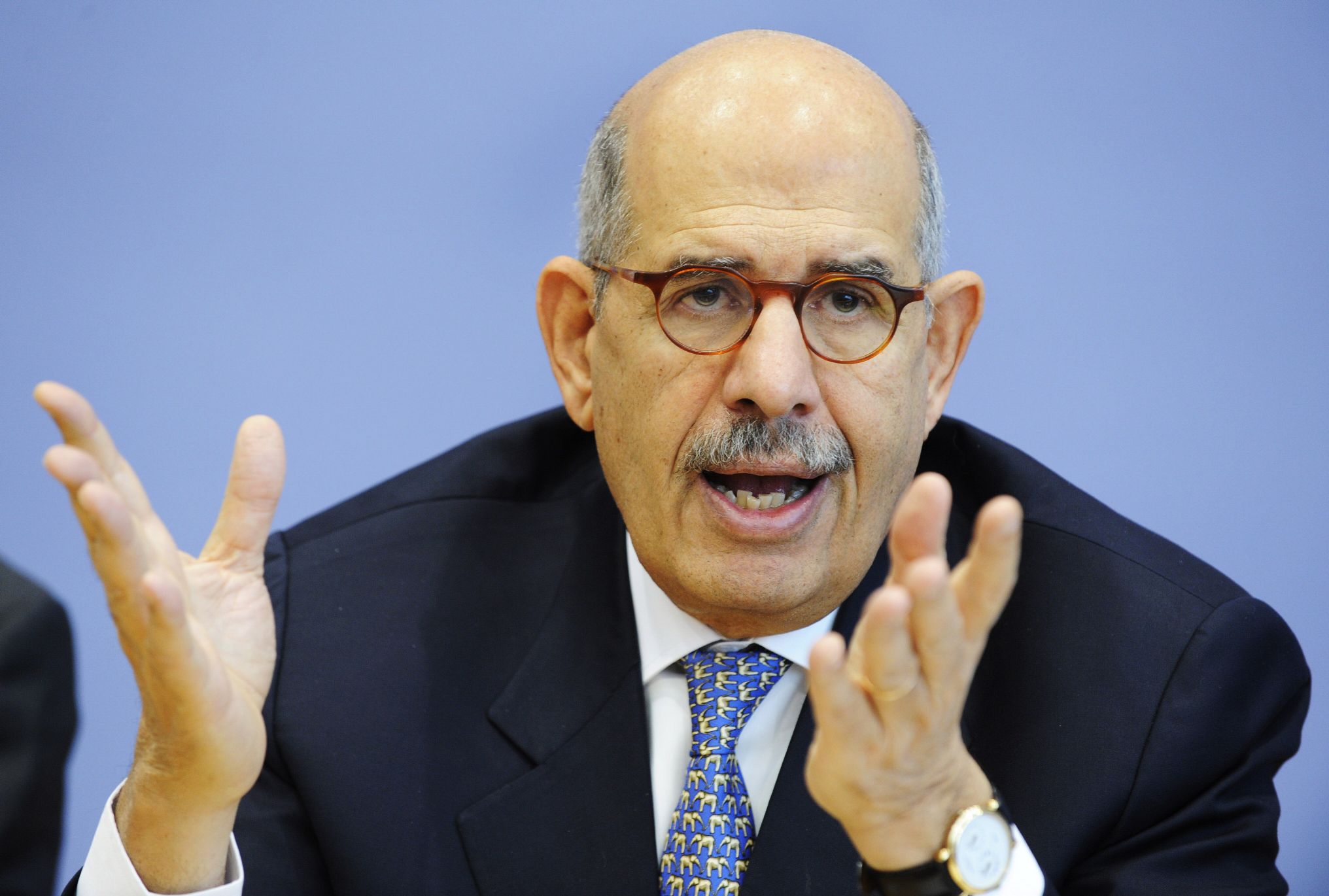CAIRO: As the director of the National Council for Human Rights, Boutros Boutros-Ghali was dismayed by the recent renewal of emergency laws. he, nonetheless, points to the difficulty of balancing human rights and security.
The Egyptian diplomat is most known for his stint as Secretary-General of the United Nations from 1992-1997. Currently, he is the director of the National Council for Human Rights, a post he has served since 2003.
Daily News Egypt sat down with Boutros-Ghali to discuss his views on the situation of human rights in Egypt today and the balance a state must achieve between security and the protection of human rights.
In the first part of the interview, Boutros-Ghali had discussed his view for the future of the UN or the international organization that might replace it.
Daily News Egypt: The emergency law has just been extended for another two years. How does this bode for human rights in Egypt for the upcoming period?
Boutros Boutros-Ghali: From the beginning we’ve been wanting to put an end to the emergency law and we are very disappointed that it has been extended, but we’re still hoping that in the next few months they will be able to replace the law with the proposed anti-terror law.
Will the proposed anti-terror law – set to replace the emergency law in the future – be a positive step regarding the state of human rights in Egypt?
It depends. We have not seen the law yet; it is still in preparation. It is very difficult to give an answer on a law we have not yet seen. The real problem, which is not limited to Egypt, is how to maintain an equilibrium between security and the defense of human rights.
You have the same problem in a different way when you have peace or justice, what is more important? And then it was decided that peace was more important like in the case of El Salvador after the end of the cold war or in South Africa after the end of apartheid, the priority was given to peace.
Peace means that people that committed crimes during the civil war were not condemned.
So again here we have the same problem, what is more important, to maintain peace inside the country or to respect human rights? Because in a case where security may not be maintained, you may have a new system or administration dominated by fundamentalists, [and then] certainly the situation of human rights will be worse than today.
Don’t you feel that they are linked in a way, that if you provide an environment where human rights are respected, this will maintain security?
There is no relation to those who are terrorists or fundamentalists, it depends on each country. Or certain nationalists, what happened in Rwanda between the Hutu’s and the Tutsi’s. Human rights will not protect them. They have a certain basic idea that doesn’t correspond at all to the basic principles of human rights. So in this case, what is more important?
When you are taking anti-terrorist measures, you may have what military people call collateral damage and innocent people may be arrested. But again this is the price to maintain security. I never say what ought to be done, because in each country they have their own specificity, their own problems, their own way to find a solution.
Unfortunately it is a mistake which has been done often to apply the same rule to the different situations all over the world. In each case the situation is different. In El Salvador we believed that peace was more important than justice, and the military people that committed crimes have never been condemned. The same happened in South Africa. Human rights groups state that there is systematic torture in Egypt, how can the council lobby the government effectively to eradicate this?
There is not systematic torture, there is the case that we have been involved in and we’re trying to bring an end to this and it will take time. Again you have to [consider] the history. Slavery was considered something normal and it took 200 years to put an end to it. Apartheid was considered something normal and it took 50 to 100 years to end it. So torture – from the Middle Ages till recently – was considered one of the elements to obtain certain results. We are against torture; we are trying to put an end to it. We are in contact with the different administrations and I believe there is some progress. Do you feel that there is a genuine desire from the Egyptian government to quell human rights abuses in Egypt or is it more a case of paying lip service to the issue?
Yes, certainly. They have created this commission and have asked me to preside over it. We are in cooperation with the different international organizations. Plus every year we have a meeting of the Arab commissions for human rights. Our role is not only to promote human rights in Egypt, but in different parts of the world.
One must not underestimate the international network which helps us reinforce our position with the government and sometimes we help other commissions to do the same.
The National Council for Human Rights is essentially a government body. How do you maneuver within this framework to achieve your stated objectives?
No, this commission was created when I was presiding over the International Conference for Human Rights in Vienna in 1993. It is a system which is the same all over the world. You have the same commission in France, in Great Britain, Russia. It is an international system and it is a consultative body. At the time the governments were not happy, saying “you want to create an organization to control what we are doing. So, to overcome this suspicion from the different governments in Vienna we said it is a consultative body. We have no real power.

